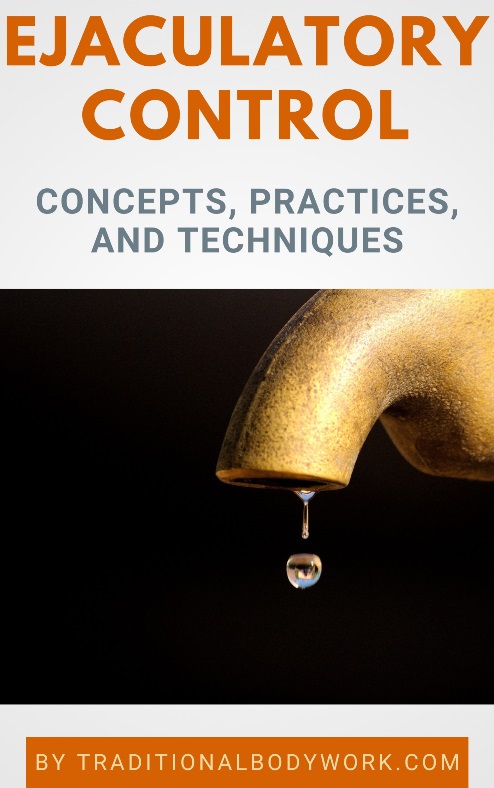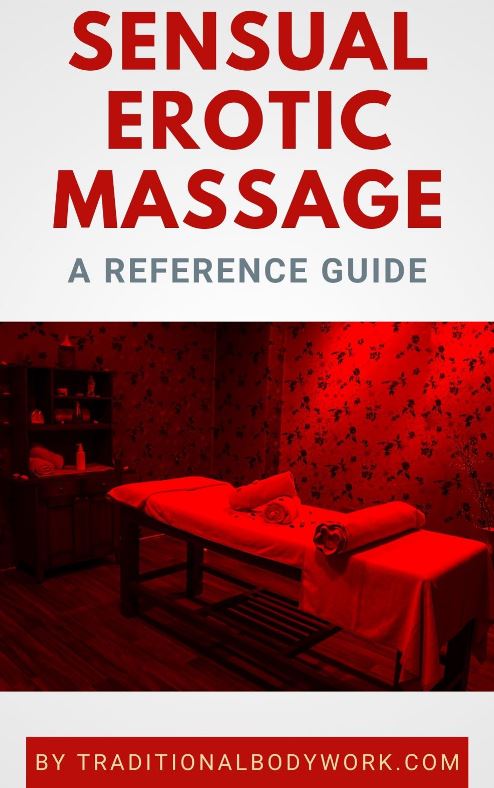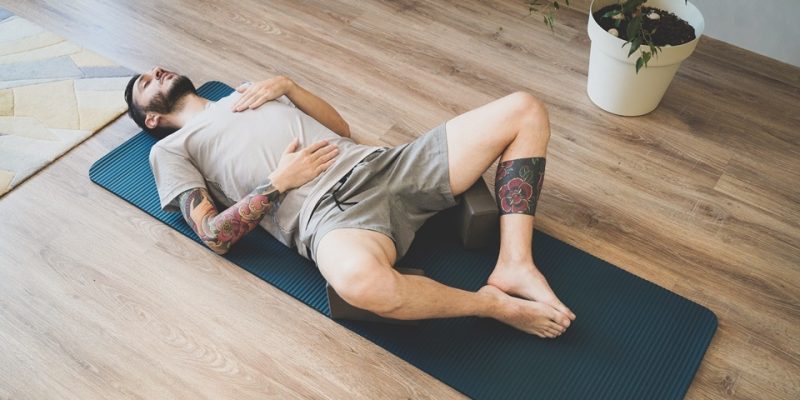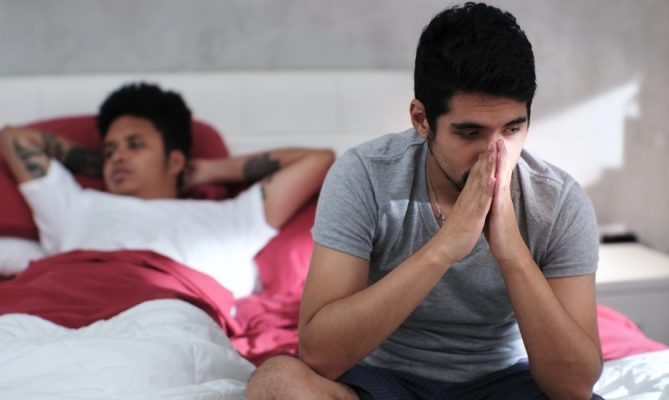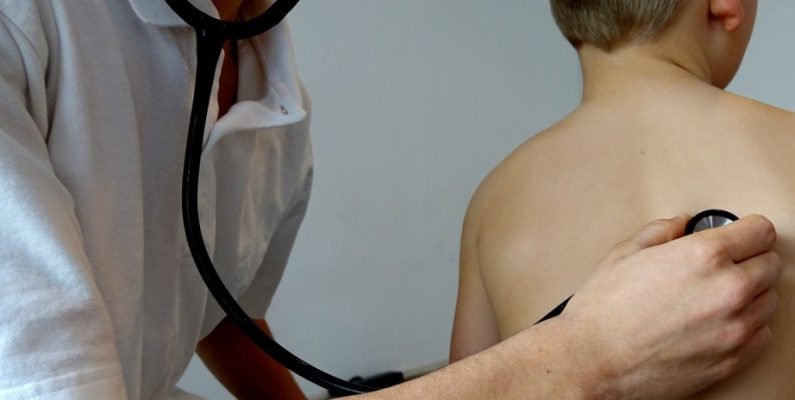
Sexual trauma generally arises from sexual violence in the broadest sense. Think of issues such as sexual abuse (in childhood or adulthood), sexual assault, unsatisfactory sexual experiences, sexual intimidation, socially or culturally biased suppressed or repressed sexuality and/or gender issues, to name some of the most common causes.

Sexual violence and the resulting trauma may occur in the public space or in the private space at home or in partner relationships.
It can have severe effects on a person’s behavior, functioning, overall health, sex life, and emotional state, the latter for instance expressing itself in low self-esteem, hypersensitivity, or a negative body image. Sexual trauma often has a major impact on the person itself, on sexual and partner relationships, and on other relationships in both the private and public sphere.
As for a person’s sexual life, it doesn’t mean a person doesn’t have a desire or longing for sex, but they may not have the means, skills, opportunity, will or wish to act on that desire due to their traumatic experiences and the resulting emotional or physical blockages.

On a physical level, sexual trauma can express itself in stiff, numbed, tensed, blocked, contracted and/or constricted muscles (or other bodily tissues), notably those located in the pelvic, abdominal, and thoracic area.
This again can become a cause of many other malfunctions in the body and organs leading to general health issues or overall sexual or specific genital problems, such as infertility, pain during sexual intercourse, low libido, orgasmic disorders, erectile dysfunction (ED), and other sexual dysfunctions or disorders.
Apart from appropriate sexual therapy, sex coaching and counseling, or psychotherapy — or maybe even medication — massage, bodywork, and Sexual De-Armoring may help to alleviate tensions and blockages in the body and support emotional or trauma release and finally sexual healing.



